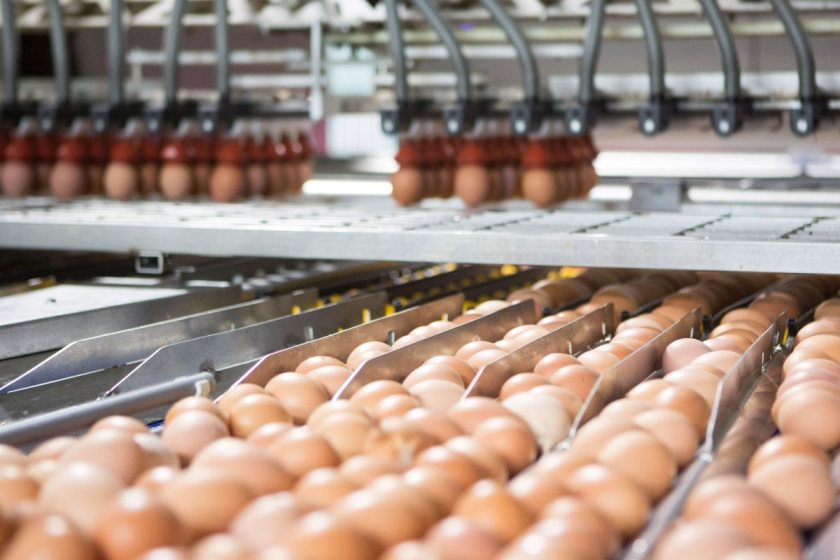
Continued free range egg sector expansion will create a significant oversupply situation, ultimately driving down prices paid to farmers, producers have warned.
Free range production in the UK has increased by 14 percent since 2017 to nearly 25 million hens, a report by agricultural consultancy ADAS says.
The independent report looked at the impact of supermarket chains and retailers cage-free 2025 commitments.
It forecasted that a 2% increase in bird numbers was needed to deliver an additional 300,000 cases of free range eggs by 2025.
But the British Free Range Egg Producers Association (BFREPA) warned that the sector's rapid expansion would create a situation of oversupply.
Another concern is the price paid to farmers, which BFREPA said had 'diminished' and was now 20 percent lower than it was five years ago.
BFREPA CEO Robert Gooch said: “The trend is clear; as production has increased, the price paid to farmers has decreased. This situation is unnecessary and unsustainable.”
“There is an incorrect assumption from many in the sector that retailers moving away from colony eggs will lead to a surge in demand for free range.
"That is simply not the case, and this report confirms that."
As well as existing producers expanding, BFREPA said it had seen new producers entering the sector often encouraged by new contract bonuses which disappeared over time.
A model contract was made available to all free range egg producers last year to help secure sustainable prices for the long term.
And to help producers understand the market better, BFREPA has launched a new online Costings Portal allowing farmers to enter flock data and egg prices to compare their situation with others across the UK and NI.
Alarmingly, data shows that most free range egg producers are not breaking even.
“Our data from ADAS shows a break-even price of £1.01 per dozen, but our members are submitting prices through our portal which show that they are being paid significantly less than that – about 88p per dozen on average,” Mr Gooch said.
“There is a huge range of producer prices in the market, ranging from below the cost of production to good prices to tempt new entrants in to the sector."
He added: “Given this variability, this portal provides the sector with some transparency about what is happening in the supply chain, particularly for retailers who will be able to see if the cost of production price increases given to packers are being passed down to contracted producers.”
